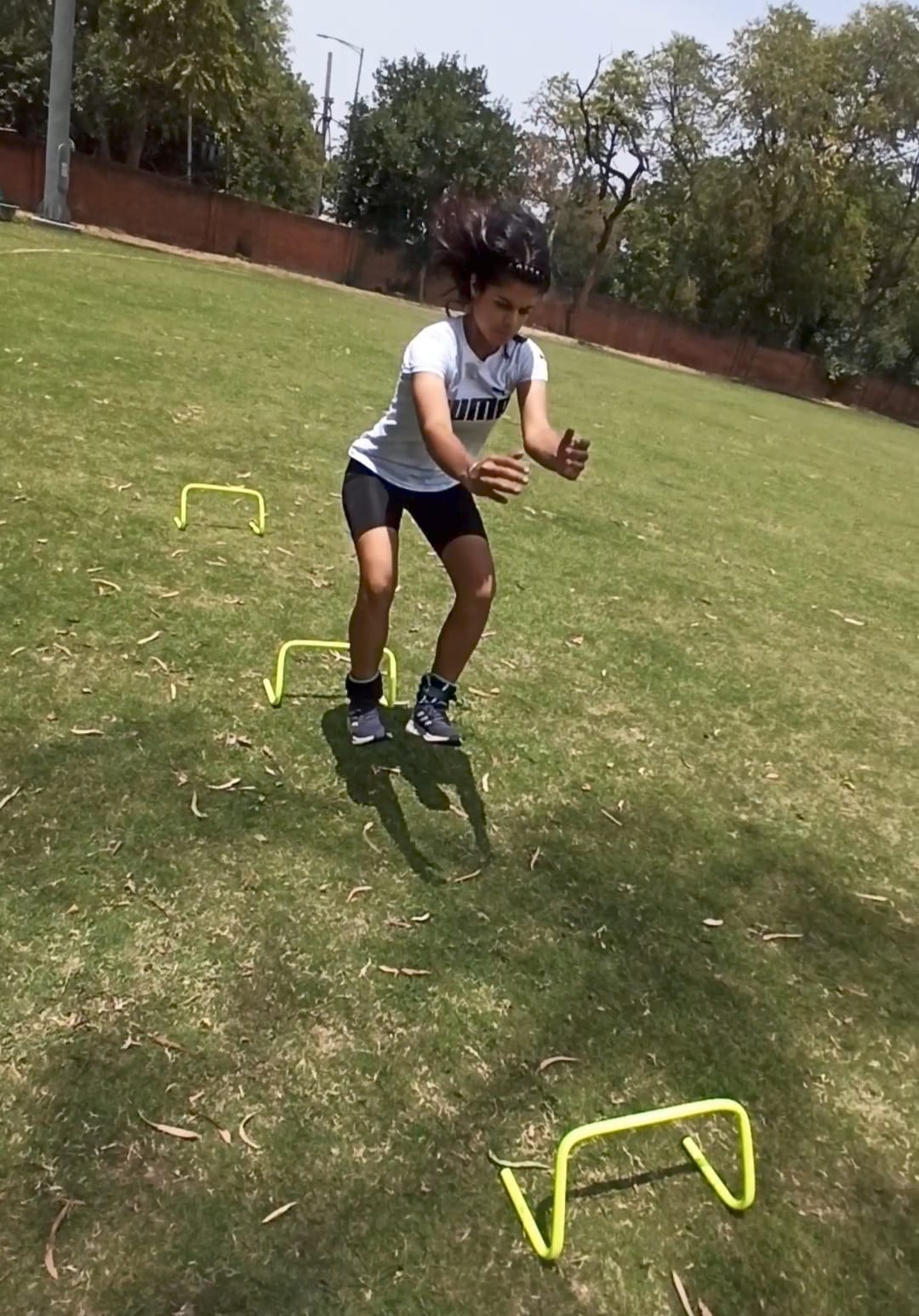Fitness is of utmost importance for athletes because it directly impacts their performance and overall success in their respective sports. No matter what sports they play, all athletes can be benefited from fitness training.
By following a regular fitness program, athletes can improve their performance, reduce their risk of injury, and enjoy a long and healthy life. Here are some key reasons why fitness is crucial for an athlete.
- Improved performance: Fitness training can help athletes improve their speed, strength, power, agility, and endurance. This can lead to better performance in their sport.
- Reduced risk of injury: Fitness training can help athletes build stronger muscles and bones, which can reduce their risk of injury. It can also help athletes improve their flexibility and range of motion, which can also help reduce the risk of injury.
- Increased recovery: Fitness training can help athletes recover from workouts and injuries faster. This is important for athletes who need to be able to train and compete on a regular basis.
- Improved mental health: Fitness training has been shown to improve mental health, including reducing stress, anxiety, and depression. This can be helpful for athletes who are under a lot of pressure to perform.
- Overall health and well-being: Fitness training can help athletes improve their overall health and well-being. This includes reducing their risk of chronic diseases such as heart disease, stroke, and diabetes.
The best fitness training routine for an athlete will vary depending on their individual sport and goals. However, most athletes will benefit from a combination of strength training, cardio training, and plyometric training.
Strength training helps build muscle and bone mass, cardio training improves cardiovascular health and endurance, and plyometric training helps improve explosive power.
It is important for athletes to listen to their bodies and rest when they need to. Overtraining can lead to injuries and burnout. Athletes should also work with a qualified personal trainer or coach to develop a fitness training program that is safe and effective for their individual needs.
Here are some of the best exercises for athletes:
- Squats: Squats are a great exercise for building strength and power in the lower body.
- Deadlifts: Deadlifts are another great exercise for building strength and power in the lower body.
- Bench press: The bench press is a great exercise for building strength in the chest and triceps.
- Overhead press: The overhead press is a great exercise for building strength in the shoulders and triceps.
- Pull-ups: Pull-ups are a great exercise for building strength in the back and biceps.
- Push-ups: Push-ups are a great exercise for building strength in the chest, triceps, and shoulders.
- Lunges: Lunges are a great exercise for building strength and power in the lower body.
- Burpees: Burpees are a great exercise for building cardiovascular fitness and endurance.
- Box jumps: Box jumps are a great exercise for building explosive power.
These are just a few of the many exercises that athletes can do to improve their fitness. The best exercises for an individual athlete will depend on their sport, goals, and fitness level.
Here are some facts about the importance of fitness training for athletes:
A study published in the Journal of Sports Sciences found that athletes who engaged in regular fitness training had a 33% lower risk of injury than those who did not.
Another study, published in the British Journal of Sports Medicine, found that athletes who engaged in regular fitness training had a 40% faster recovery time from injuries than those who did not.
A study published in the American Journal of Preventive Medicine found that athletes who engaged in regular fitness training had a 25% lower risk of developing chronic diseases such as heart disease, stroke, and diabetes.
A study published in the Journal of the American Medical Association found that athletes who engaged in regular fitness training had a 30% lower risk of developing mental health problems such as depression and anxiety.
These studies provide strong evidence that fitness training is important for athletes in terms of both performance and health. Athletes who engage in regular fitness training are less likely to get injured, recover from injuries faster, and have a lower risk of developing chronic diseases and mental health problems.
Here are some specific examples of how fitness training can benefit athletes in different sports:
- In football, fitness training can help players improve their speed, strength, and agility. This can help them run faster, tackle harder, and change direction more quickly.
- In basketball, fitness training can help players improve their jumping ability, hand-eye coordination, and reaction time. This can help them jump higher, shoot more accurately, and defend more effectively.
- In soccer, fitness training can help players improve their stamina, endurance, and teamwork. This can help them play longer, run more, and pass the ball more effectively.
- In tennis, fitness training can help players improve their footwork, balance, and reaction time. This can help them move more quickly around the court, hit more powerful shots, and return serve more effectively.
- In track and field, fitness training can help athletes improve their speed, strength, and power. This can help them run faster, jump higher, and throw further.
No matter what sport they play, athletes who engage in regular fitness training are more likely to be successful. Fitness training can help athletes improve their performance, reduce their risk of injury, and improve their overall health and well-being.
By Mrs. Sneha Mathur (Sports Fitness and Yoga Expert)

